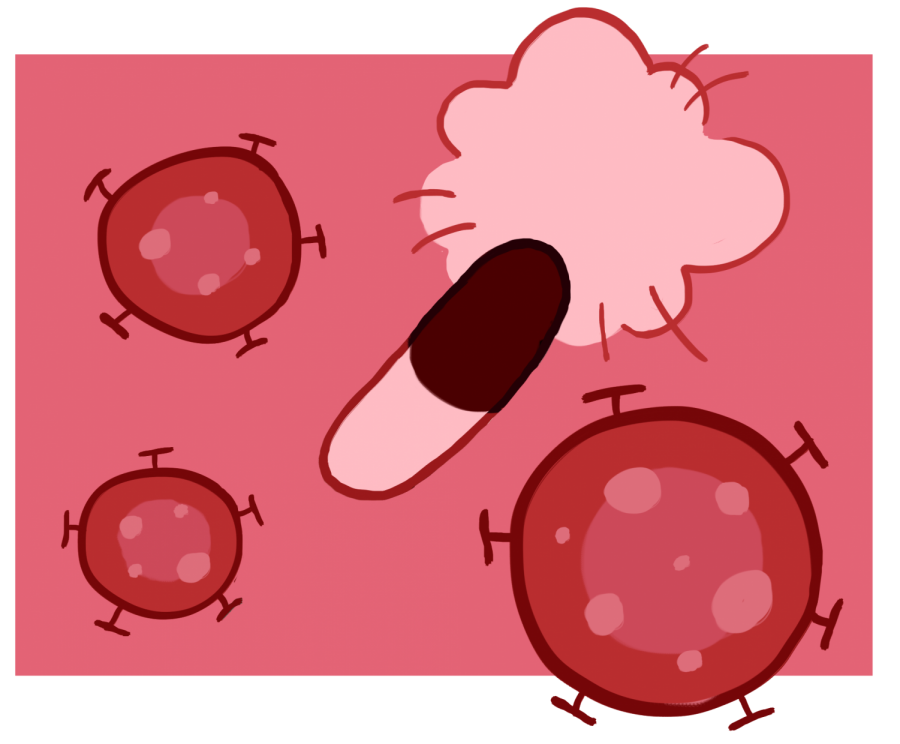UT researchers develop hydrogel tablet to purify water in under an hour
October 12, 2021
UT researchers created a hydrogel tablet that can make a liter of water suitable to drink in less than one hour.
Researchers from the University’s mechanical engineering and chemical engineering departments collaborated to form and test the tablet. Materials science and engineering graduate student Youhong Guo, the lead author of the research paper, said research to develop the tablet took about one year after her group began studying water purification in 2020.
“The water we see is transparent and clean,” Guo said. “But if you look at it on a smaller scale, there are many pathogens and other parasites that can do severe damage to our health such as diarrhea or typhoid fever.”
Guo said water purification can be time consuming and expensive. She began her research with a desire to make a cheaper and safe way for lower income communities to purify their water, she said.
“We want to disinfect water,” Guo said. “Right now the basic way to do that is boiling, or to use chemical disinfectants and thermal methods (that) are not always available for all communities. Our gel is made out of activated carbon so the raw materials to develop the product are very cheap, just under $10.”
Guihua Yu, an associate professor in the mechanical engineering department who was part of the research team, said the tablet can remove up to 99.9% of bacteria from the body of water it’s placed in.
Yu said after someone places the tablet in the water, the tablet’s chemicals absorb the bad bacteria and pathogens and make the water clean and drinkable. The carbon in the tablet is also able to distill the water, which replaces the need for boiling.
“If you have a lower concentration of bacteria, it should take less than half an hour,” Yu said. “We tested it in river water which has high concentrations of bacteria and pathogens.”
Guo said she originally developed the research by accident.
“I was mixing chemicals and I saw the solution turned a color,” Guo said. “Then I found out that the chemicals were actually oxidizing and producing the hydrogen that enhances the antibacterial process. I was very excited.”
While the product is still in its testing process, Yu said his team has begun to discuss the tablet’s commercialization and further research with the University’s Energy Institute.
“I think we can make this tablet bigger,” Yu said. “If we continue testing this product in real-world scenarios, we can improve the process and help purify larger amounts of water. I think working with the Energy Institute forum for the first year or two on this will help us to set a good foundation to work with the industry.”
Other authors and researchers of the paper include chemical engineering professor Keith Johnston, chemical engineering graduate Christopher Dundas and mechanical engineering graduate Xingyi Zhou. Guo said she is proud that her discovery has the potential to change so many people’s lives, but she wants to continue to build on her research.
“If our little footnote can make a difference, or help society just a little, it motivates us to keep exploring and learning,” Guo said.



